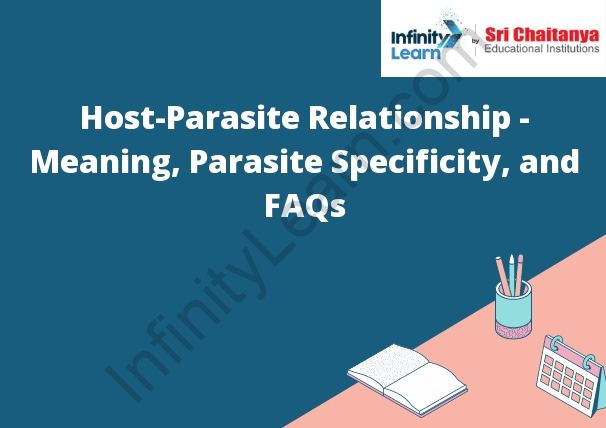Table of Contents
What is Host-Parasite Relationship?
A host-parasite relationship is a type of symbiotic relationship in which one organism, the parasite, lives in or on another organism, the host, and benefits from the relationship at the host’s expense. The host may suffer from the effects of the parasite’s presence, such as reduced fitness, reduced reproductive success, or death.
The host-parasite relationship is a complex and fascinating one. In a healthy relationship, the host organism benefits from the presence of the parasite, while the parasite benefits from the host’s environment and resources. However, in some cases the relationship can become unbalanced, with the parasite becoming dominant and the host organism suffering.
Parasite Specificity
Parasite specificity is the tendency of parasites to specialize on certain hosts or groups of hosts. This can be due to the parasite’s inability to survive on other hosts, or to the preference of the parasite for certain hosts over others. Host resistance is the ability of hosts to defend themselves against parasites, either through physical barriers or by mounting an immune response.

Types of Host – Parasite relationship
There are many different types of host-parasite relationships. In some cases, the parasite lives inside the host’s body, such as in the case of tapeworms or malaria. In other cases, the parasite lives on the host’s body, such as in the case of lice or fleas. Some parasites are even able to control the host’s behaviour, such as the protozoan Toxoplasma gondii, which causes infected rats to be attracted to cats, the natural predator of the rat.
The host-parasite relationship can be a delicate one. If the parasite becomes too dominant, it can cause the host organism to become ill or even die. In some cases, the host organism can develop a resistance to the parasite, or even learn to live with it. However, in most cases the relationship is a delicate one, and the slightest change can cause the parasite to become dominant and the host to suffer.







